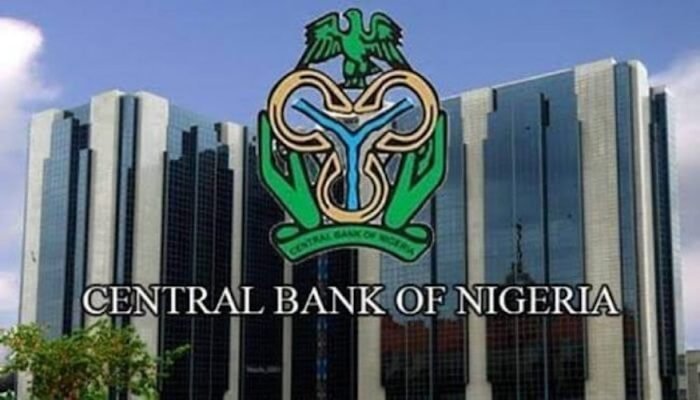The Central Bank of Nigeria (CBN) kept the Monetary Policy Rate (MPR) steady at 27.5 percent on Tuesday, signaling a cautious stance as inflation eases for the third consecutive month. CBN Governor Olayemi Cardoso announced the decision after a two-day Monetary Policy Committee (MPC) meeting in Abuja, marking the third straight pause in the tightening cycle.
According to Cardoso, all 12 MPC members voted to retain the MPR, maintain the asymmetric corridor at +500/-100 basis points, keep the Cash Reserve Ratio at 50 percent for deposit money banks and 16 percent for merchant banks, and hold the liquidity ratio at 30 percent. He stated that the decision aimed to sustain disinflation momentum and contain price pressures. (CBN)
Headline inflation dropped to 22.22 percent in June from 22.97 percent in May, largely due to falling energy prices and improved forex stability. However, month-on-month inflation increased slightly to 1.68 percent, while food and core inflation continued to rise due to higher costs in services, housing, and communication.
Cardoso reiterated the CBN’s commitment to achieving price stability and reducing inflation to single digits. He also warned of potential risks from geopolitical tensions and global trade disruptions, which could further push up import costs.
Financial Sector and Banking Stability
The governor highlighted the resilience of Nigeria’s banking sector, supported by robust financial soundness indicators and progress in the CBN’s recapitalisation program. Eight banks have already met and surpassed the new capital requirements, while others are on track to comply before the deadline.
External reserves rose to over $40.11 billion as of July 18, providing approximately 9.5 months of import cover. This growth is attributed to improved oil production, increased non-oil exports, and reduced import volumes, all bolstered by the central bank’s reforms.
The economy expanded by 3.13 percent year-on-year in Q1 2025, up from 2.27 percent a year earlier, reflecting the impact of forex reforms and macroeconomic stabilisation measures. The Purchasing Managers’ Index also indicated continued private sector optimism.
Outlook and Expert Reactions
Looking ahead, the CBN expects inflation to moderate further, supported by tight monetary conditions, seasonal food supplies, and naira stability. Cardoso emphasized ongoing support for farmers to strengthen food security.
READ ALSO: FCT Minister: Julius Abure Clears Air on Controversial Visit to Nyesom Wike
Razia Khan, chief economist for Africa and the Middle East at Standard Chartered Bank, noted that the cautious stance was expected, given the central bank’s focus on reducing inflation to single digits without sacrificing forex stability.
The Nigeria Employers’ Consultative Association (NECA) commended the MPC’s decision, calling it vital for sustaining economic stability and investor confidence. NECA’s director-general, Adewale-Smatt Oyerinde, highlighted the progress made in reducing inflation and improving capital inflows but warned against premature policy easing.
He also urged the CBN to adopt a balanced approach, maintaining price stability while improving access to credit, especially for SMEs and manufacturers.


